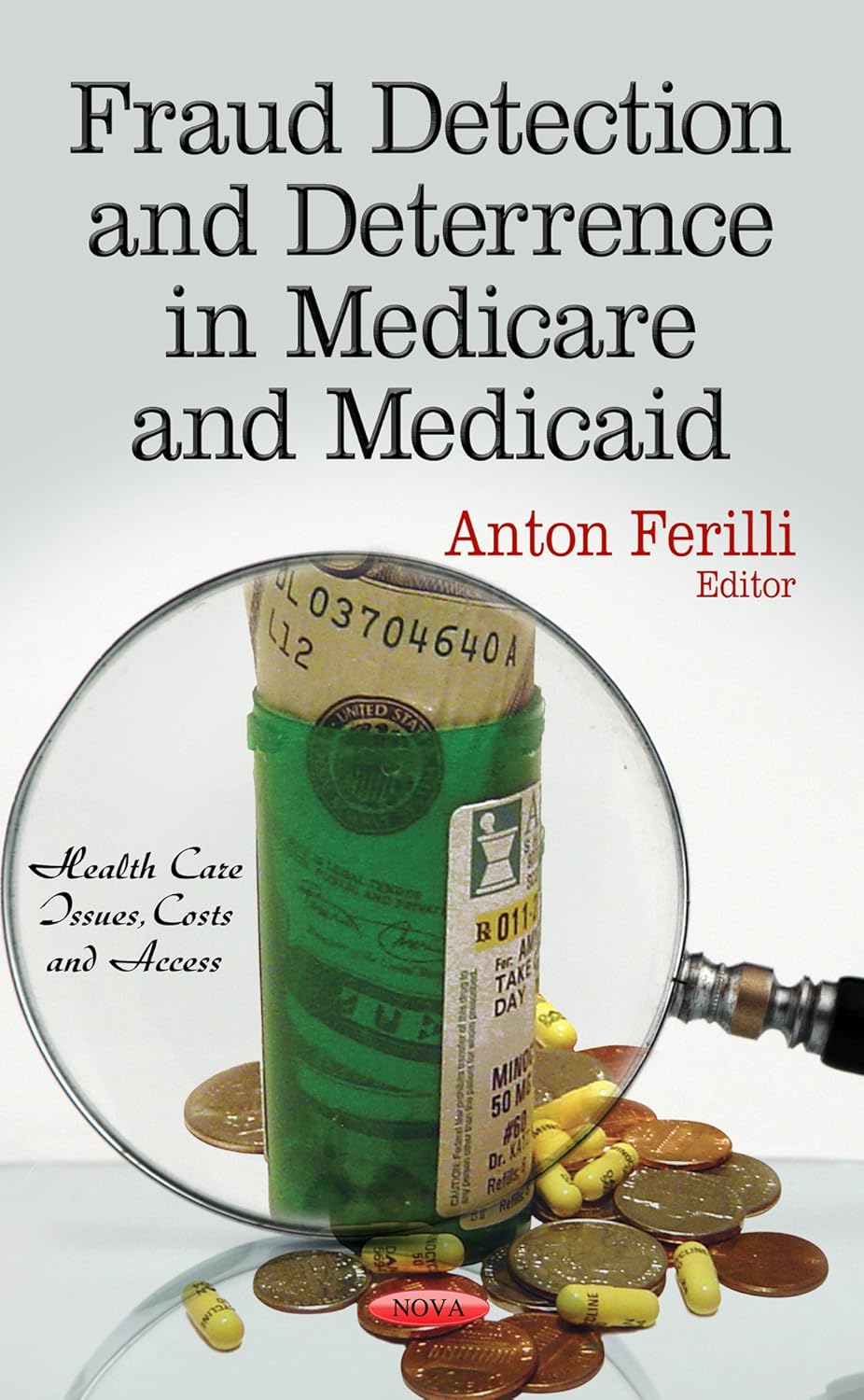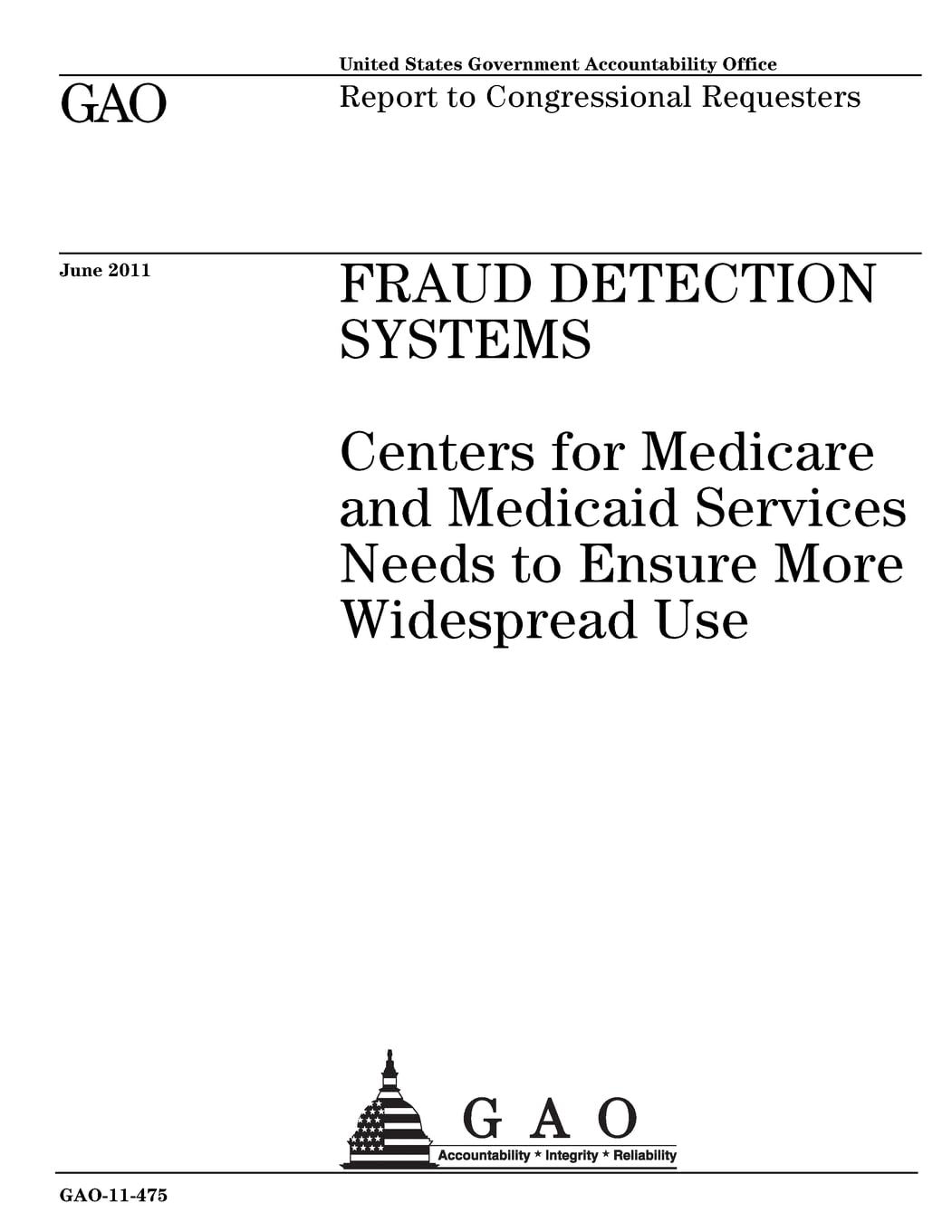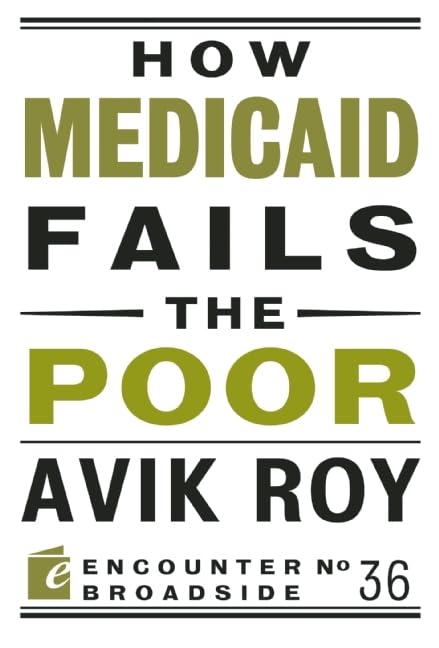With President Donald Trump back in the White House and congressional Republicans eying Medicaid cuts, Virginia Democrats are moving to safeguard the state’s health care safety net.
Sen. Creigh Deeds, D-Charlottesville, a veteran of 32 years in state government, called the 2018 Medicaid expansion one of the “most meaningful” votes in his career. At the time, the Democrats struck a compromise with Republicans, agreeing to a “trigger” that would automatically roll back the expansion if federal funding were cut.
Now, Deeds and Sen. Ghazala Hashmi, D-Chesterfield, are pushing to remove that trigger, introducing budget language to keep the expansion intact. The House and Senate money committees will unveil their proposals Sunday, but for now, Deeds said, “we’re going to keep the pressure on our federal representatives to do the right thing.”
Medicaid, a federal program that helps low-income earners and people with disabilities access health insurance, was expanded in Virginia to cover more residents. If Congress slashes funding, roughly 630,000 people could lose their coverage automatically.
If the state budget amendment passes but Congress cuts Medicaid, lawmakers would need a special session to figure out a way to keep the program afloat, Deeds warned.
“If they were to roll it back 50%, that’s a $2.5 billion price tag for Virginia,” he said.
With Virginia sitting on a $2 billion surplus, Deeds acknowledged competing priorities but signaled that saving Medicaid could be a consideration.
“We’re going to have a lot of figuring out to do and it’s really going to be a struggle to do that,” he said.
For Richmond resident Katina Moss, Medicaid isn’t just health insurance — it’s what allows her to care for her aging parents while continuing her self-employed work without the crushing burden of medical bills.
“If the federal government drops funding by even 1%, my health coverage, my safety net and my ability to pursue my self-employed work while caring for my parents would be gone in a flash,” she said.
Advocates warn that the potential cuts would force many Virginians into impossible choices.
Ashley Kenneth, president of The Commonwealth Institute, and Julia Newton, a Service Employees International Union member, emphasized how Medicaid gives workers the security to prioritize basic needs without choosing between “putting food on the table,” paying rent, or seeking medical care.
Medicaid has been in Republicans’ crosshairs before. On his first day in office in 2017, Trump issued an executive order targeting the repeal of the Affordable Care Act, which allowed states to expand Medicaid. He later celebrated a repeal effort that passed the House before failing in the Senate, and in 2020, he supported a lawsuit before the U.S. Supreme Court that sought to dismantle the ACA.
More recently, a Trump administration memo outlining a proposed federal funding freeze pointedly excluded Medicare and Social Security but was silent on Medicaid, sparking concern from Democratic lawmakers. The administration later rescinded that memo, but uncertainty remains.
Del. Terry Kilgore, R-Scott, who supported Virginia’s Medicaid expansion in 2018, could not be reached for comment.
With state budget negotiations approaching the final stretch of the 2025 legislative session, Gov. Glenn Youngkin’s stance on protecting Medicaid remains unclear. The Mercury asked whether he had been in contact with Trump or congressional Republicans about the issue but did not receive a response before publication.
GET THE MORNING HEADLINES.
As the GOP in Virginia considers potential cuts to Medicaid, recipients of the program are feeling on edge about the potential impact on their healthcare coverage. Medicaid plays a crucial role in providing healthcare services to low-income individuals, children, pregnant women, the elderly, and people with disabilities.
These cuts could have significant consequences for those who rely on Medicaid for their healthcare needs. Many recipients are worried about losing access to essential services such as doctor visits, prescription medications, and specialist care.
The uncertainty surrounding the potential cuts has left many Virginia Medicaid recipients feeling anxious and unsure about the future of their healthcare coverage. Advocates for Medicaid recipients are urging lawmakers to consider the impact these cuts could have on vulnerable populations and to prioritize the health and well-being of those who rely on the program.
As discussions about potential cuts to Medicaid continue, it is important for recipients to stay informed about any changes that may affect their coverage and to advocate for their healthcare needs. The Virginia Mercury will continue to provide updates on this developing story.
Tags:
- Virginia Medicaid
- GOP cuts
- Medicaid recipients
- Virginia Mercury
- Healthcare in Virginia
- Medicaid coverage
- Virginia politics
- Medicaid funding
- Republican party
- Medicaid concerns
#Virginia #Medicaid #recipients #edge #GOP #weighs #cuts #Virginia #Mercury




